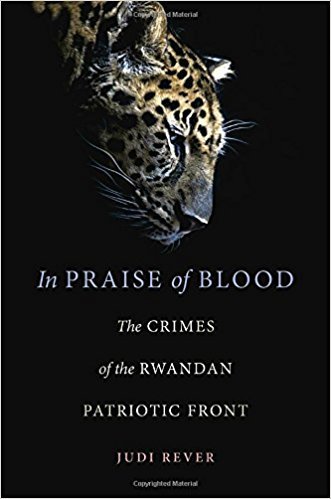What do you think?
Rate this book


288 pages, Hardcover
First published March 13, 2018
It seemed that the RPF could now commit crimes out in the open and still receive billions of dollars in aid. And Kagame could continue to receive human rights awards despite these murders, the Spanish indictment and Amnesty's reports – buoyed by propaganda and protected by powerful friends in the West. What were these Western allies supporting? From the point of view of the RPF's victims, it all seemed to be in praise of blood, an endorsement of mass murder.
It's clear that the evidence of RPF crimes was everywhere in the days and months after the genocide. So why did the image of Kagame and his forces as the heroes who put an end to the killing of innocents persist? I believe it is because so many institutions and governments needed the story of the genocide to be one of good and evil, with the evildoers simply defined. But the UN in particular cannot claim ignorance when it comes to these crimes.